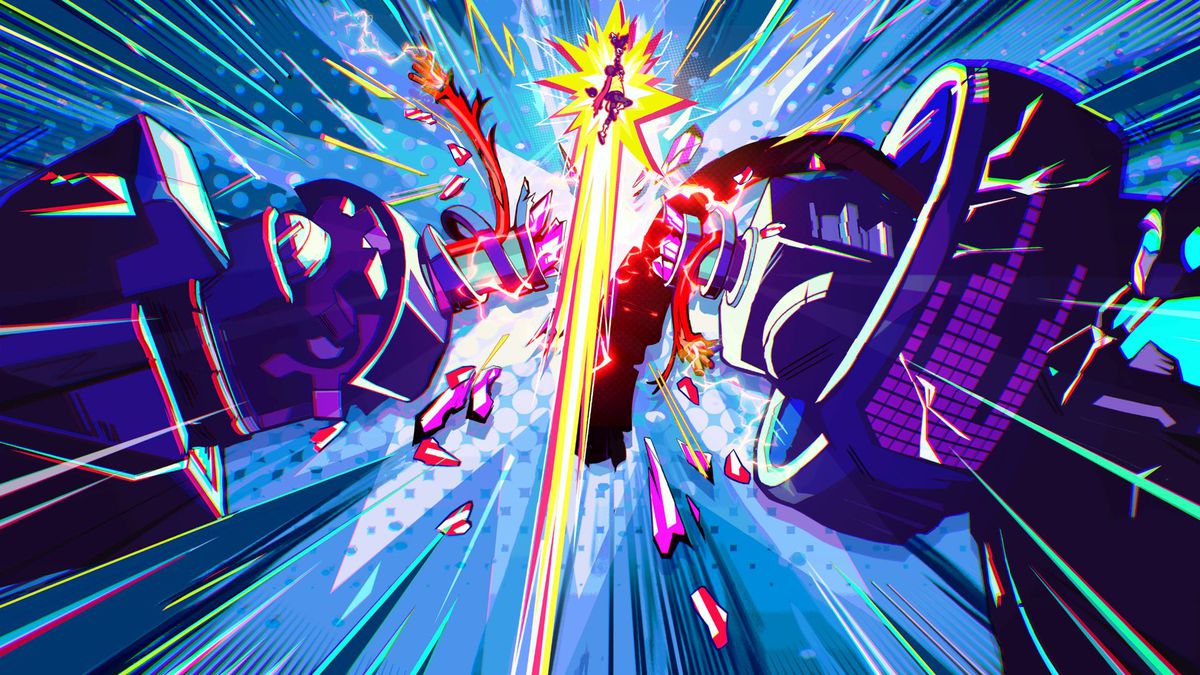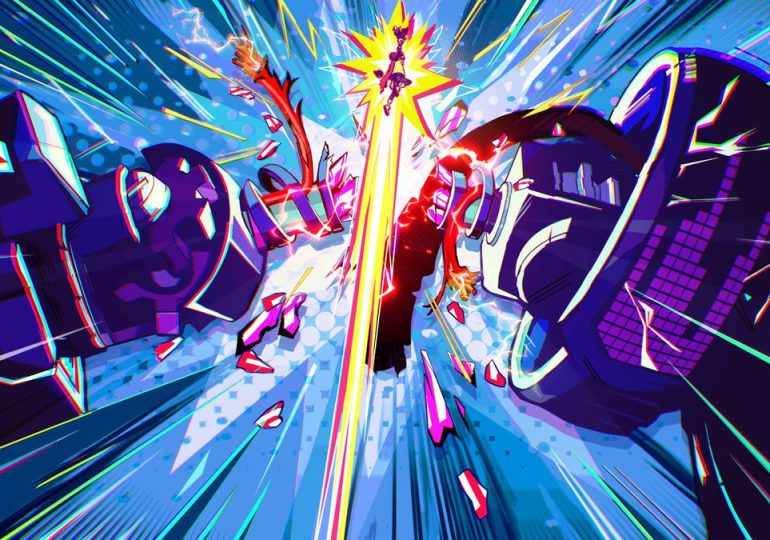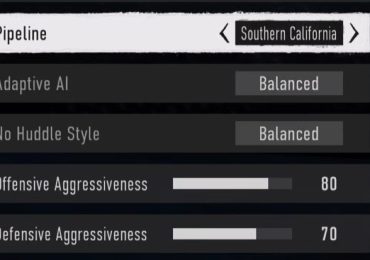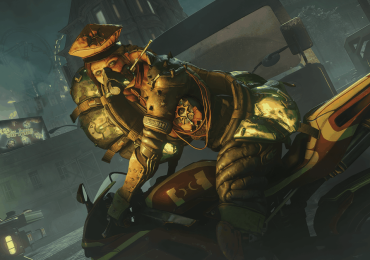“We’re listening and we hear you,” Xbox head Phil Spencer wrote on X (formerly Twitter) on Monday, without being specific about what he’d been hearing. “We’ve been planning a business update event for next week, where we look forward to sharing more details with you about our vision for the future of Xbox. Stay tuned.”
There are a few things Spencer could have been talking about. These are turbulent times for Microsoft’s gaming arm, which in the past few months completed its $68.7 billion acquisition of Activision Blizzard, the biggest game industry deal ever, and then announced 1,900 layoffs.
However, Spencer was certainly addressing mounting disquiet among Xbox fans after a series of leaks said that console-exclusive Xbox games made by Microsoft-owned studios would go to competing platforms.
What’s going on?
The news cycle began early in January, with a rumor that Microsoft was set to release an “acclaimed” first-party game on a rival system. Consensus quickly settled on Hi-Fi Rush, Tango Gameworks’ lively rhythm action game, coming to Nintendo Switch. Swift on the heels of this came reports that Microsoft had considered releasing Rare’s knockabout pirate sim Sea of Thieves on PlayStation, and perhaps Switch.
The Xbox community was in an uproar at these reports, but this was just the start. On Feb. 1, files on cosmetics datamined from a Hi-Fi Rush update appeared to confirm that the game was indeed coming to both Switch and PlayStation. Then, over the next weekend, there was a deluge of reports about much higher-profile Xbox games going multiplatform. Starfield, the Bethesda space epic and last year’s marquee Xbox game, was said to be coming to PlayStation 5. Indiana Jones and the Great Circle, probably this year’s marquee Xbox title, might also come to PS5 after a relatively short Xbox exclusivity window. So, unthinkably, might Gears of War, a series more closely associated with the Xbox brand than any other bar Halo. (There have been unsubstantiated rumors of the latter going to PlayStation, too.)

Xbox fans were upset, to put it mildly. Several Xbox influencers publicly pulled their support and posted pictures of themselves buying PS5s or singing eulogies (though it wasn’t always clear how serious they were being). It became imperative for Microsoft to respond, hence next week’s announcement, which is said to have been moved up from an original later date.
What will Microsoft announce next week?
There’s no smoke without fire — certainly not this much smoke — so Spencer is expected to talk about Xbox’s broader platform strategy regarding first-party games. But it’s still worth setting expectations for this “business update.” Going by current reporting, Hi-Fi Rush is the only one of these titles that might be locked in for a multiplatform release. All the others were reported to be “under consideration,” with Microsoft “weighing up” its options. It’s entirely possible that decision-making concerning bigger franchises is still ongoing.
It’s also worth noting that Microsoft’s gaming division is already a multiplatform publisher, even before you consider its new ownership of Activision Blizzard. It publishes Minecraft across every platform imaginable, including Switch and PlayStation. It has experimented with bringing Xbox games to the Switch before, like Ori and the Blind Forest, and it has been releasing every Xbox title on PC for years now, on Steam as well as on its own PC platform. So while Spencer might have a significant shift in strategy to announce, it won’t be quite the shock it initially appears.
Don’t expect Microsoft to say that it will stop making consoles, however. While that might be on the cards in the distant future because Microsoft envisions a shift to cloud gaming, Xbox will stay in the console business for the rest of this hardware generation, at the very least.
Why is Xbox going multiplatform?
If Xbox is about to significantly increase its publishing to rival console platforms, several factors could be behind this decision. First, Xbox is estimated to be in a distant third place in console sales, with no realistic expectation it can close the gap this generation. The Xbox Series hardware is arguably Microsoft’s best to date, but Microsoft has proven no match for Sony’s marketing and branding might, or Nintendo’s unique hardware and games, and the lead it established in networking features during the Xbox 360 generation has been completely eroded. Including Activision Blizzard, the Bethesda family of studios, and other acquisitions like Ninja Theory and Obsidian, Microsoft now owns a vast suite of game franchises and developers that could profit immensely from access to Sony and Nintendo’s tens of millions of customers.
The second reason is that the acquisition of Activision Blizzard has certainly changed the calculus within Microsoft. If it wasn’t a third-party publisher before (and as we’ve seen, it kind of was), it certainly is now — with legally binding contracts to keep Call of Duty and other series on rival platforms, thanks to regulatory oversight. In fact, those contracts were barely necessary because (as some of the regulators eventually conceded) it made clear financial sense for Microsoft to keep Call of Duty, Diablo, and the like available to as many players as possible. Presumably, once you’ve stared at that math for long enough, you might start to wonder why you don’t apply it to every game you own.

But the third, and most important, reason for Xbox’s shift to multiplatform is that the business has clearly been headed in this direction for years — something Microsoft’s executives have been quite explicit about. Spencer, his boss (and Microsoft CEO) Satya Nadella, and other Xbox executives have made repeated comments about wanting to extend where Xbox games and services are available, including to Nintendo and PlayStation. “Our mission is to bring our first-party experiences [and] our subscription services to every screen that can play games,” Xbox CFO Tim Stuart said back in November. This goal was a prime motivator for buying Activision Blizzard, with its strong mobile gaming division, King.
Spencer has often talked about consoles as just one way into the Xbox ecosystem. Microsoft’s ultimate goal is to open up Xbox storefronts everywhere — on mobiles and smart TVs, for example — and to sell Game Pass subscriptions. It wants playing games via Game Pass to be as ubiquitous and accessible as watching movies and TV on Netflix. (Tellingly, Microsoft publishes Game Pass subscription numbers, but not console sales figures.)
But for this to happen, it needs cloud gaming to take off, and the adoption of that technology has been slow so far. This might be why the company is now willing to consider multiplatform releases, so it can make more money in the short term while the gap is bridged to what Microsoft envisions as gaming’s post-console, post-hardware future. There’s certainly a trend toward services and cloud gaming in the gaming industry in general, not just at Xbox — a trend that Microsoft is keen to stay at the forefront of.
Microsoft has always been a software company, not a hardware company, and its Q2 2024 financials currently show a lot of success and investment in the cloud generally, as well as in AI and related technologies. With the exception of some pretty nice mice back in the day, and its modestly successful Surface line of tablets and PCs, most of its hardware initiatives have failed. Xbox’s 22-year run is an anomaly in the company’s history, so it makes sense that Microsoft would eventually think beyond the bounds of console hardware.
So what’s the problem?
It comes down to culture, specifically the culture of console gaming that has evolved over the past 40 years. It’s historically been a retail-driven market where the manufacturers established strong relationships with players through attractive, exclusive games — a model perfected by Nintendo, which remains peerless at it. Sometimes, as the rival manufacturers jockeyed for supremacy, those relationships would become almost parasocial, with fans ardently taking sides in a “console war.”

To join this game, Microsoft had to play it, and it did so pretty well at first — notably with its fateful acquisition of Bungie and Halo: Combat Evolved. But its investment in, and management of, first-party development has been inconsistent over the years. The splashy acquisition of Rare struggled to bear fruit, Bungie left, and Xbox shuttered a mismanaged Lionhead. Former chief Don Mattrick also made a partial retreat from first-party development, leading to some large gaps in the pipeline of exclusive games. When the current Xbox leadership began rebuilding its development strength with an acquisition spree starting in 2018, the fans’ expectations — which they had been trained into by the console culture, and by Microsoft’s participation in that culture — was that this would mean a deluge of cool exclusives, leading to increased Xbox console sales and supremacy in the console wars. This isn’t Microsoft’s strategy, and that’s bound to cause some cognitive dissonance as Xbox fans finally get the hint.
Even gamers who aren’t so personally invested in the console brand might find the move disquieting. More ways to play great games made by Bethesda and others, whatever your choice of hardware, seems like a good thing in the here and now. But the move implies that Microsoft’s ultimate vision is of a world after consoles. Consoles, however, are deeply ingrained in gaming culture as perhaps the most accessible, affordable, and reliable way to play games — so that vision is not something every player is ready for.








